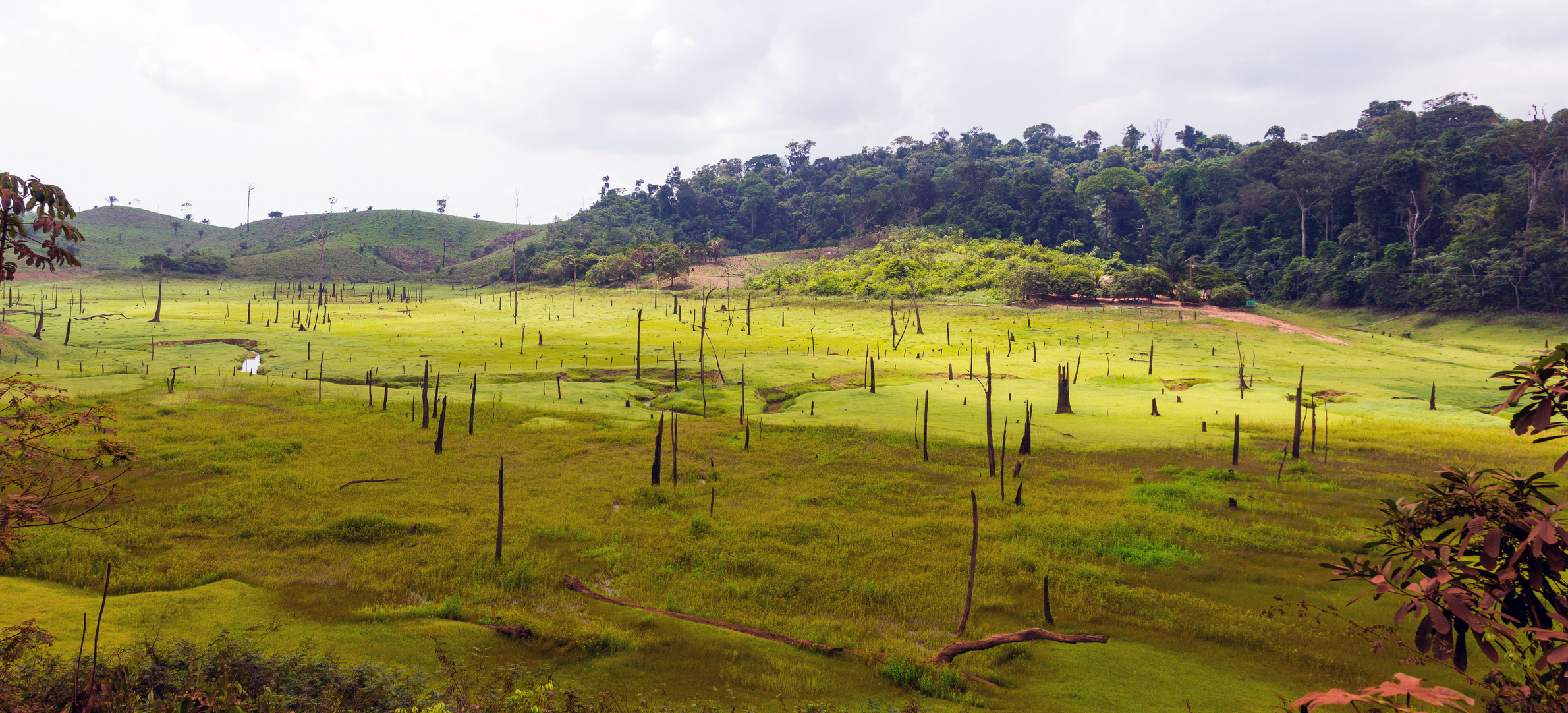A Green Bargain? Impacts of an Energy Saving Program on China’s Iron and Steel Industry
Posted on March 21st, 2017 by tagadminThe impact of environmental regulation on firm productivity has been long been debated, however, mainly for western economies and with limited firm-level evidence. We study the impact of a large-scale national energy saving program in China on firm productivity in the iron and steel industry and find positive effects on productivity growth.
READ more




